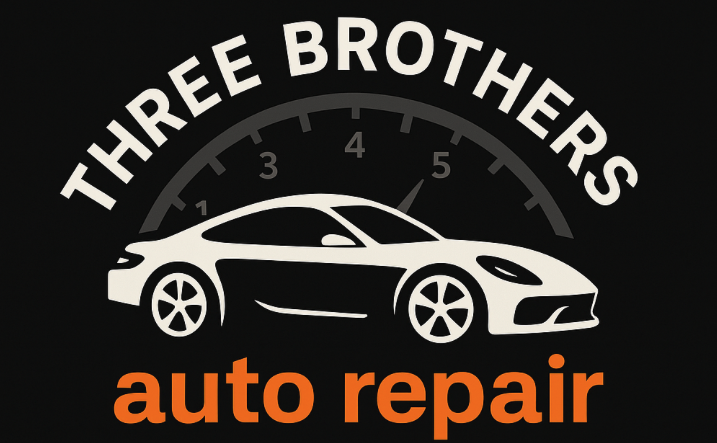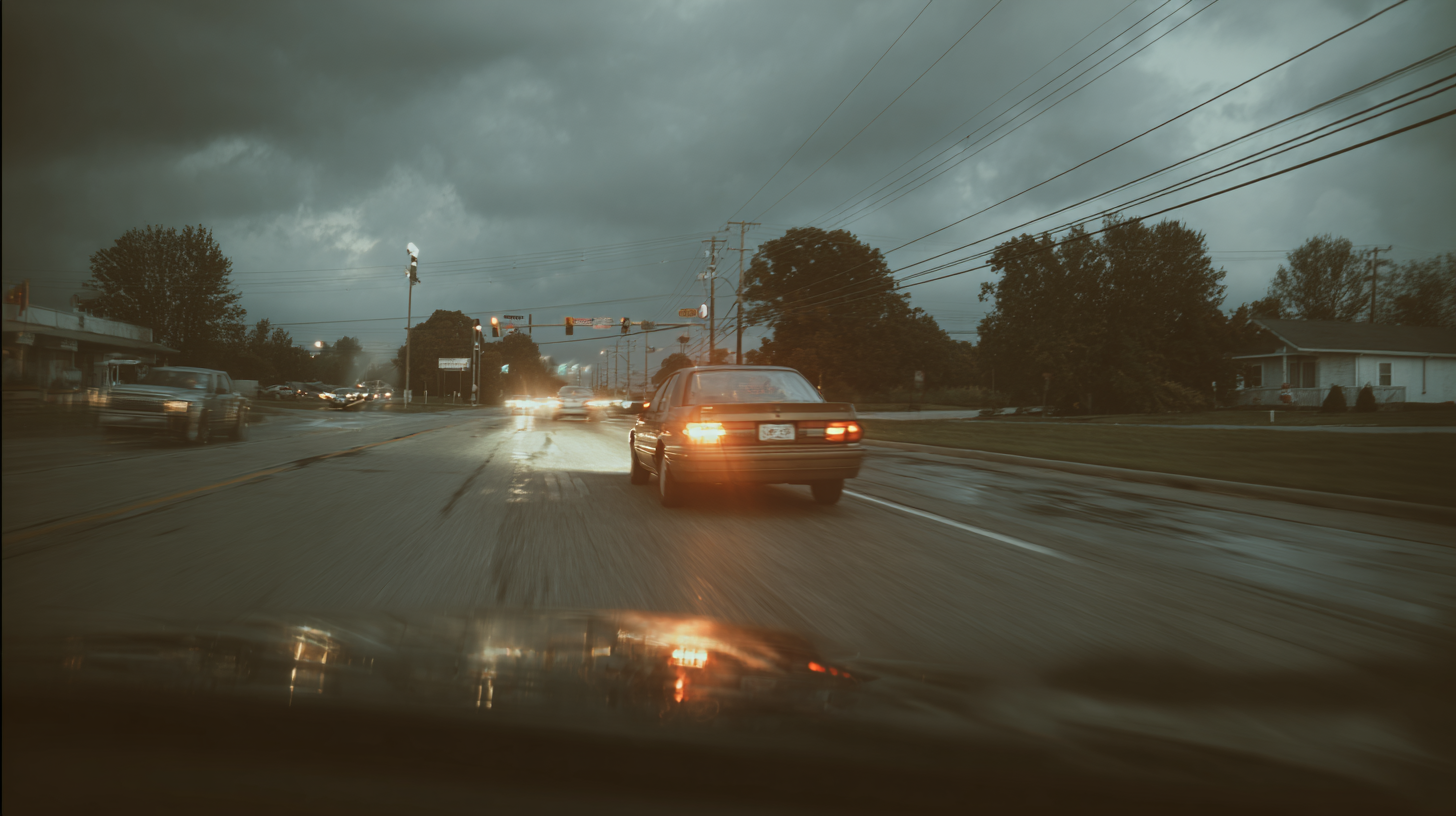Driving on New Jersey roads can be unpredictable, and the last thing anyone wants is for their car to suddenly shut off. At Three Brothers Auto Repair, we know it’s a scary experience when an engine stalls out of the blue. Understanding why this happens is the first step to keeping you safe. In this article, we explain common causes of unexpected stalling and how to deal with them. We’ll cover problems with fuel, ignition, the electrical system, and engine components. Knowing what might cause your car to stall can help you stay calm and get help quickly. This can be dangerous in traffic, so recognizing the warning signs early can keep you safer. We want every local driver to feel confident about preventing or fixing the problem.
- Fuel and Ignition System Problems
- Battery and Electrical System Issues
- Engine and Other Mechanical Issues
- Comparison of Common Causes
- Staying Safe When Your Car Shuts Off
- Why would a vehicle just shut off while driving?
- Can low oil cause a car to shut off while driving?
- What to do if the engine cuts out while driving?
- Car shuts off while driving but starts back up — what does it mean?
Fuel and Ignition System Problems
One of the most common reasons a car dies while driving is trouble with fuel delivery or the ignition system. These systems are critical for making your engine run smoothly. Watch out for:
-
Fuel Delivery Issues: A clogged fuel filter or a failing fuel pump can starve the engine of gas. Even a broken fuel gauge can trick you into running out of fuel unexpectedly. Running on an empty tank will stop the engine immediately.
-
Bad Spark Plugs or Coils: Worn spark plugs or a faulty ignition coil can cause misfires and stalling. Since spark plugs ignite the fuel-air mix in each cylinder, bad plugs may let the engine run rough or die.
-
Faulty Crankshaft Sensor or Timing: Modern engines rely on sensors to time the spark and fuel. A failing crankshaft position sensor can cut power to all cylinders at once, causing a sudden shutdown.
-
Ignition Switch Problems: If the ignition switch or key cylinder has wear or a loose connection, the engine can lose power as if the key was turned off.
Because both ignition and fuel issues can mimic each other, drivers might hear sputtering or feel hesitation before the car quits. If you notice the engine sputter or cough before dying, check these systems first. Simple fixes like replacing filters, spark plugs, or fuel pumps can often get your car running again, but persistent problems should be diagnosed by professionals.
Battery and Electrical System Issues
Electrical problems can also cut power to your engine. The battery and charging system keep all components running, so check:
-
Dead or Weak Battery: A worn-out battery may not keep enough charge to run the engine, especially under heavy electrical loads. Symptoms include dim headlights or dashboard lights before the engine dies.
-
Alternator Failure: The alternator charges the battery while driving. If it fails, the battery will quickly lose power and the car may die even if it started fine. Look for a battery warning light or unusual draining.
-
Loose or Corroded Cables: A loose battery cable or bad ground connection can abruptly cut power to the engine. Even a tight cable could corrode underneath, causing intermittent stalling.
-
Faulty Wiring or Fuses: Damaged wiring or blown fuses in the ignition or fuel circuits can kill the engine. Check for any warning lights or codes on the dash if your car’s electronics act strangely.
If you had to jump-start the car recently, or if lights flicker, the culprit is likely electrical. In many cases, a quick charge or battery replacement can fix it. We recommend having your charging system tested if these issues occur.
Engine and Other Mechanical Issues
Sometimes the cause isn’t fuel or spark at all, but mechanical problems that shut down your engine:
-
Overheating or Low Oil: If an engine overheats or runs out of oil, it may shut off to prevent damage. Watch for a high temperature gauge or oil warning lights and pull over safely.
-
Timing Belt or Chain Failure: A broken timing belt/chain instantly stops an engine. Without timing to synchronize engine valves, the car will die and usually won’t restart.
-
Clogged Catalytic Converter: A severely clogged exhaust (catalytic converter) can create back-pressure that makes the engine stall. You might notice poor acceleration or engine load under the hood.
-
Transmission/Clutch Issues: In manual cars, a slipping or worn clutch can stall the engine at slow speeds or stops. In automatics, a severe transmission fault could also cut power.
-
Air Intake and Sensors: A dirty air filter or bad sensors (like a mass airflow sensor) can upset the fuel-air mix and cause stalling at idle or low speed. Check-engine lights or a rough idle may indicate these problems.
These issues often have warnings like check-engine lights or abnormal noises. For example, knocking or rattling sounds just before a shutdown point to internal engine trouble. Any such signs warrant stopping and calling for help rather than trying to drive on.
Comparison of Common Causes
We’ve summarized the typical problems in the table below. It compares each cause with how you might notice it and what can be done:
| Issue | Common Symptoms | Action / Fix |
|---|---|---|
| Fuel system (filter, pump, tank) | Engine sputters or dies; hard starting; gauges inaccurate | Replace fuel filter or pump; top off fuel; fix gauge |
| Ignition (plugs, coil, sensor, switch) | Rough idle; car stops suddenly; check-engine light | Replace plugs/coil; test sensor; inspect ignition switch |
| Battery/Alternator | Dim lights or battery warning; engine dies unexpectedly | Test and replace battery or alternator; tighten/clean cables |
| Engine/mechanical (oil, overheated, catalytic) | Overheat warning; engine noise (knock or rattle); loss of power | Check coolant/oil; replace thermostat or catalytic converter; do not ignore warning lights |
| Transmission/Clutch | Stalling at stops or when shifting gears | Service transmission or clutch; avoid slipping clutch |
Each situation has its own clues. If the engine sputters and dies but then restarts, fuel or ignition are likely culprits. If lights dim and power fades, it’s probably battery/alternator related. High temperatures or knocking noises always call for an immediate stop.
Staying Safe When Your Car Shuts Off
When a car dies while you’re driving, it’s more than an annoyance — it’s a safety hazard. Our team at Three Brothers Auto Repair in New Jersey urges you to pay attention to warning signs like sputtering, dash lights, or unusual noises. Preventing stalls often means routine maintenance: keep fuel filters fresh, tune up ignition parts, and ensure your battery and cooling system are in good shape. If a stall happens, safely pull off the road and have your vehicle inspected by professionals. We’ve helped many local drivers fix these issues and get back on the road safely.
-
Why would a vehicle just shut off while driving?
This usually happens due to a failing alternator, faulty fuel pump, bad crankshaft sensor, or electrical issues cutting power to the engine.
-
Can low oil cause a car to shut off while driving?
Yes — low oil can lead to engine overheating or pressure loss, triggering an automatic shut-off to prevent damage.
-
What to do if the engine cuts out while driving?
Safely pull over, turn on your hazard lights, and try restarting the engine. If it won’t start, call roadside assistance and avoid continuing to drive.
-
Car shuts off while driving but starts back up — what does it mean?
That’s often a sign of intermittent electrical or fuel delivery problems — such as a bad ignition switch, failing fuel pump, or weak battery connection.

